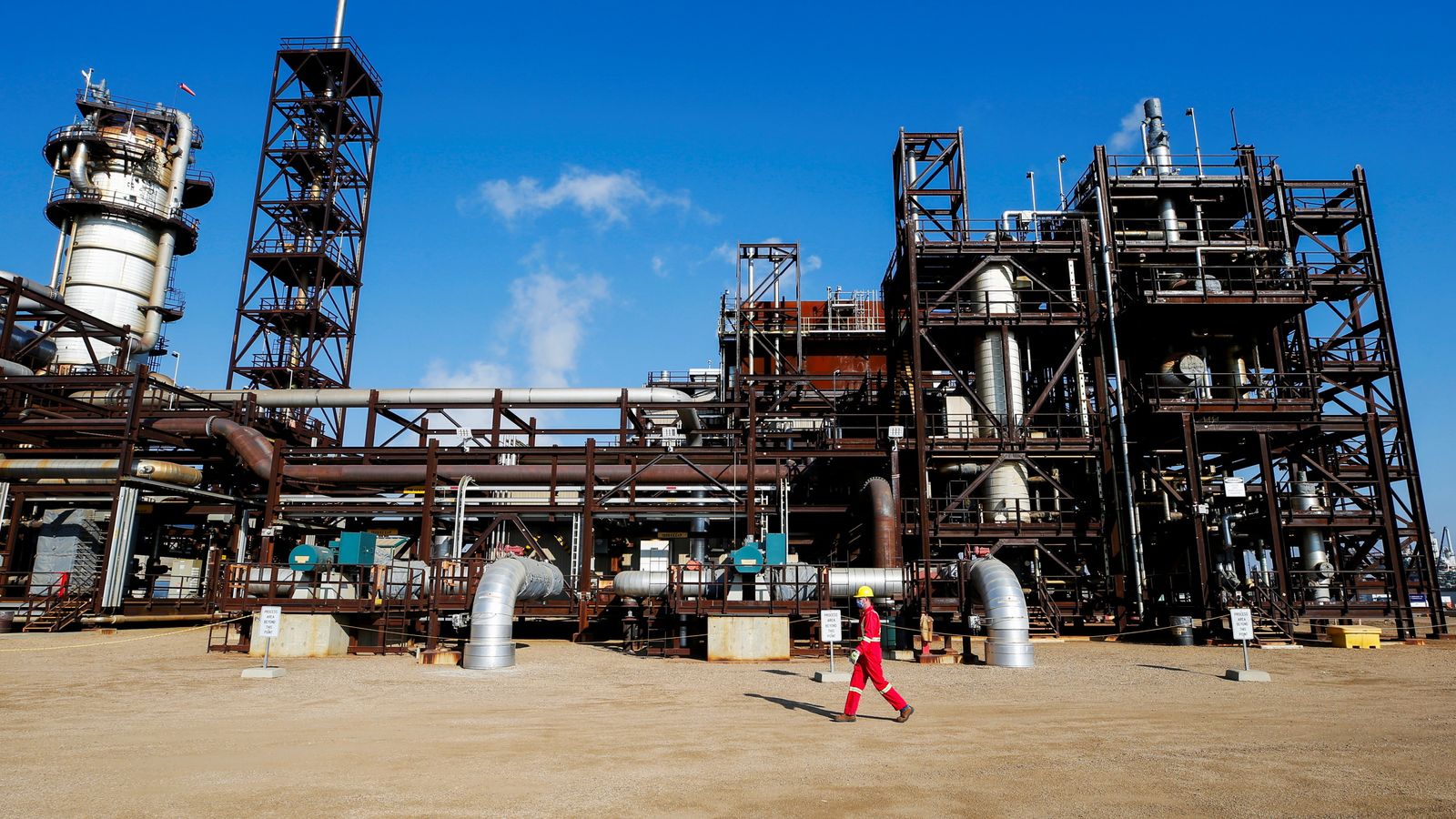The UK’s Bold Move Towards Carbon Capture: A £22 Billion Investment in the Future
In a decisive step towards combating climate change, the UK government has pledged nearly £22 billion to fund carbon capture, utilisation, and storage (CCUS) projects. This ambitious initiative aims to capture greenhouse gases emitted from polluting plants and store them underground, aligning with the nation’s stringent climate targets. As the world grapples with the escalating impacts of climate change, the UK is positioning itself as a leader in innovative environmental solutions.
Understanding Carbon Capture, Utilisation, and Storage (CCUS)
CCUS technology is designed to combat climate change by capturing carbon dioxide (CO2) emissions produced from burning fossil fuels and heavy industrial processes. The captured CO2 can either be repurposed for various applications or stored underground in geological formations, effectively preventing it from entering the atmosphere. This technology has been hailed as essential by climate experts, including the UK’s Climate Change Committee (CCC) and United Nations scientists, who emphasize its critical role in achieving net-zero emissions by 2050.
The Government’s Investment Strategy
The UK government’s commitment of up to £21.7 billion over the next 25 years is set to be allocated to three major projects located in Teesside and Merseyside—regions known for their industrial activity. These "carbon capture clusters" are expected to capture up to 8.5 million tonnes of carbon emissions, which will be stored in depleted gas fields in the Liverpool Bay and the North Sea. The funding is anticipated to attract an additional £8 billion in private investment, create 4,000 direct jobs, and support an estimated 50,000 additional jobs across the sectors involved.
Prime Minister Sir Keir Starmer heralded this initiative as a means to "reignite our industrial heartlands" and invest in the "industry of the future." However, the announcement has also sparked discussions regarding the most effective use of this expensive technology, particularly in light of the previous government’s plans that lacked proper cost assessments.
The Economic Implications
The funding will primarily support projects focused on hydrogen production, gas power generation, and energy recovery from waste. By investing in these areas, the government aims to provide certainty to industries transitioning towards greener practices. The initiative has garnered support from various stakeholders, including industry leaders and trade unions, who view it as a vital step in revitalizing communities affected by recent job losses in traditional sectors like coal and steel.
GMB general secretary Gary Smith emphasized the significance of this investment, stating that it represents a genuine opportunity for "good, well-paid jobs reinvigorating communities." The government’s strategy not only aims to address environmental concerns but also to stimulate economic growth in regions that have historically relied on heavy industry.
The Global Context of CCUS
While CCUS technology has faced challenges in scaling up, recent years have seen a surge in development, with approximately 700 plants now in various stages of planning worldwide. The first CCUS plant, operational since 1996 in Norway, has successfully stored CO2 under the sea, although concerns about potential leaks remain. The CCC has underscored the necessity of CCUS in meeting the UK’s climate targets, reinforcing the importance of this funding commitment.
Debating the Future of CCUS
Despite the optimism surrounding CCUS, there are ongoing debates about its application. Critics argue that the technology should be reserved for sectors that are particularly challenging to decarbonize, such as cement and lime production, rather than being applied to industries where greener alternatives exist. Greenpeace UK’s Doug Parr cautioned against the "risk of locking ourselves into second-rate solutions," urging a careful consideration of how CCUS is integrated into the broader strategy for achieving net-zero emissions.
Conclusion: A Step Towards a Sustainable Future
The UK government’s substantial investment in carbon capture technology represents a pivotal moment in the fight against climate change. By establishing carbon capture clusters in industrial regions, the initiative not only aims to reduce greenhouse gas emissions but also seeks to create jobs and stimulate economic growth. As the world looks to transition to a more sustainable future, the success of this ambitious plan will depend on effective implementation, ongoing innovation, and a commitment to exploring all avenues for reducing carbon emissions. The journey towards a greener economy is fraught with challenges, but with strategic investments like these, the UK is taking significant strides in the right direction.
